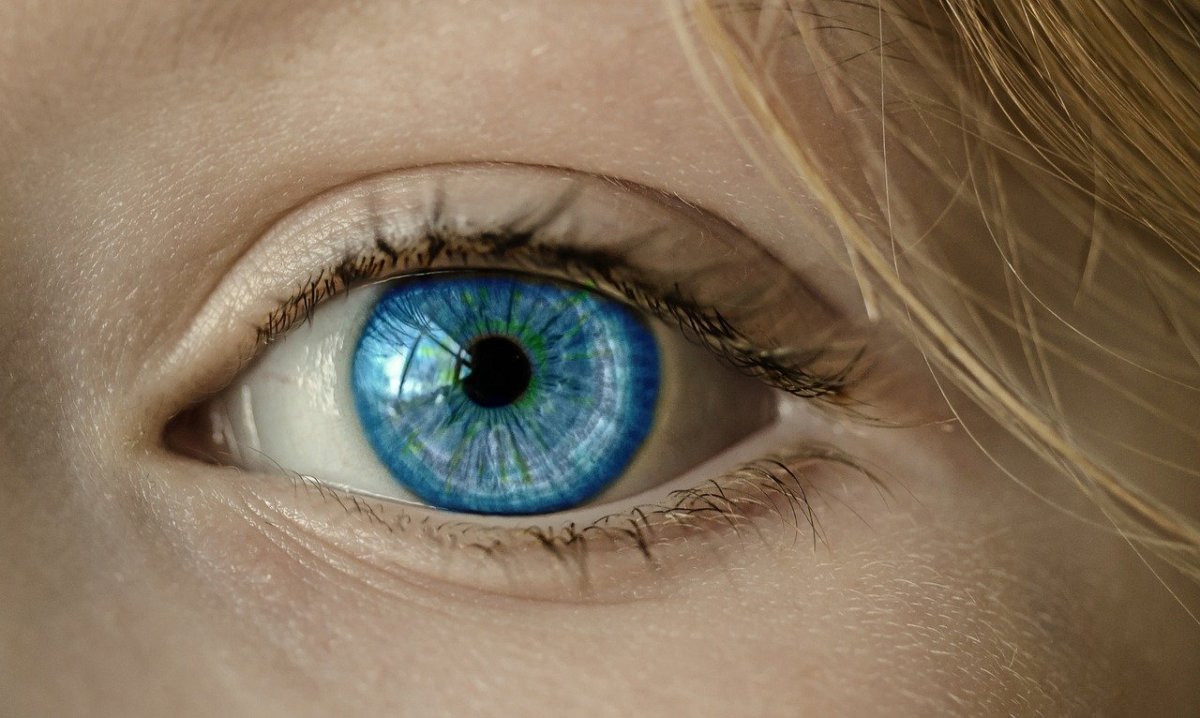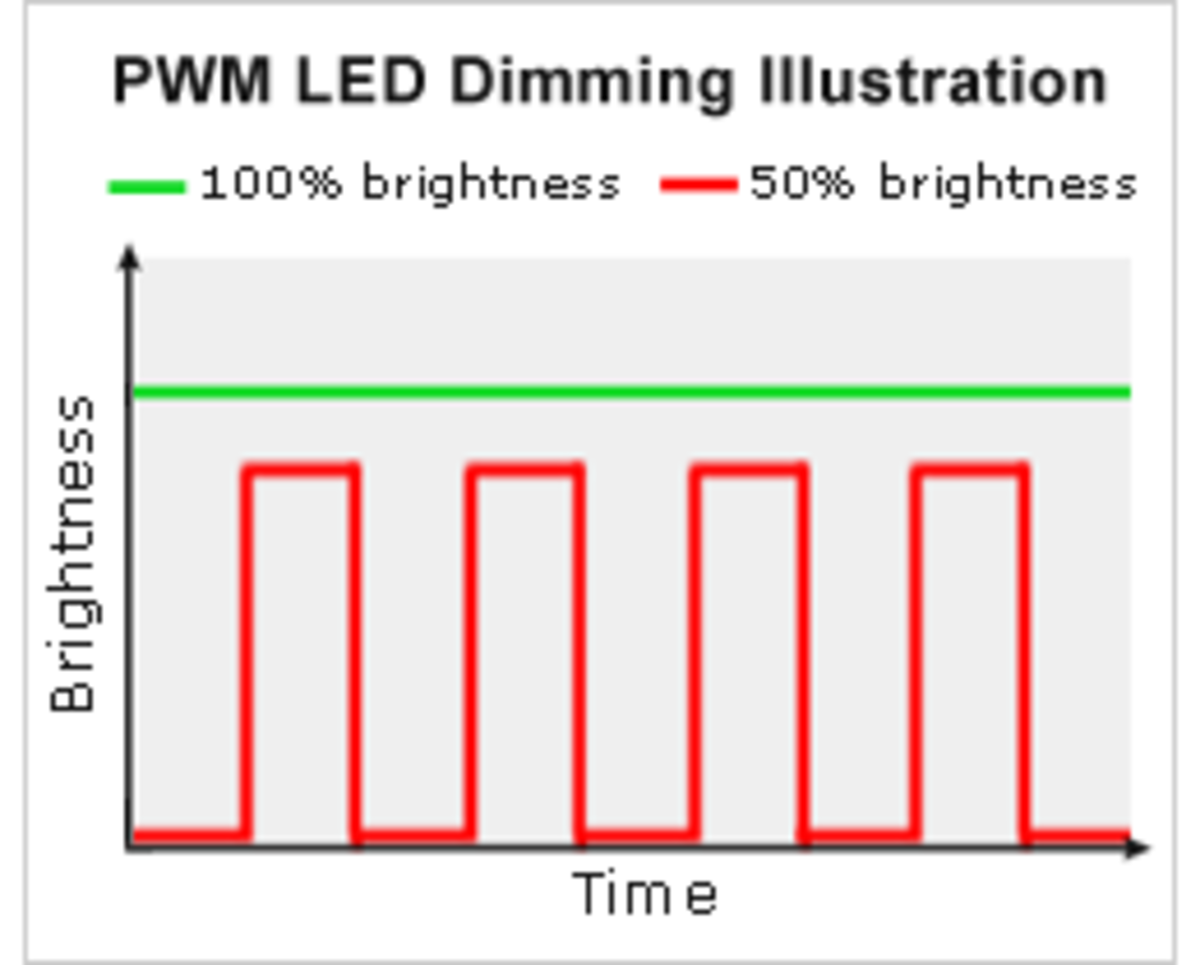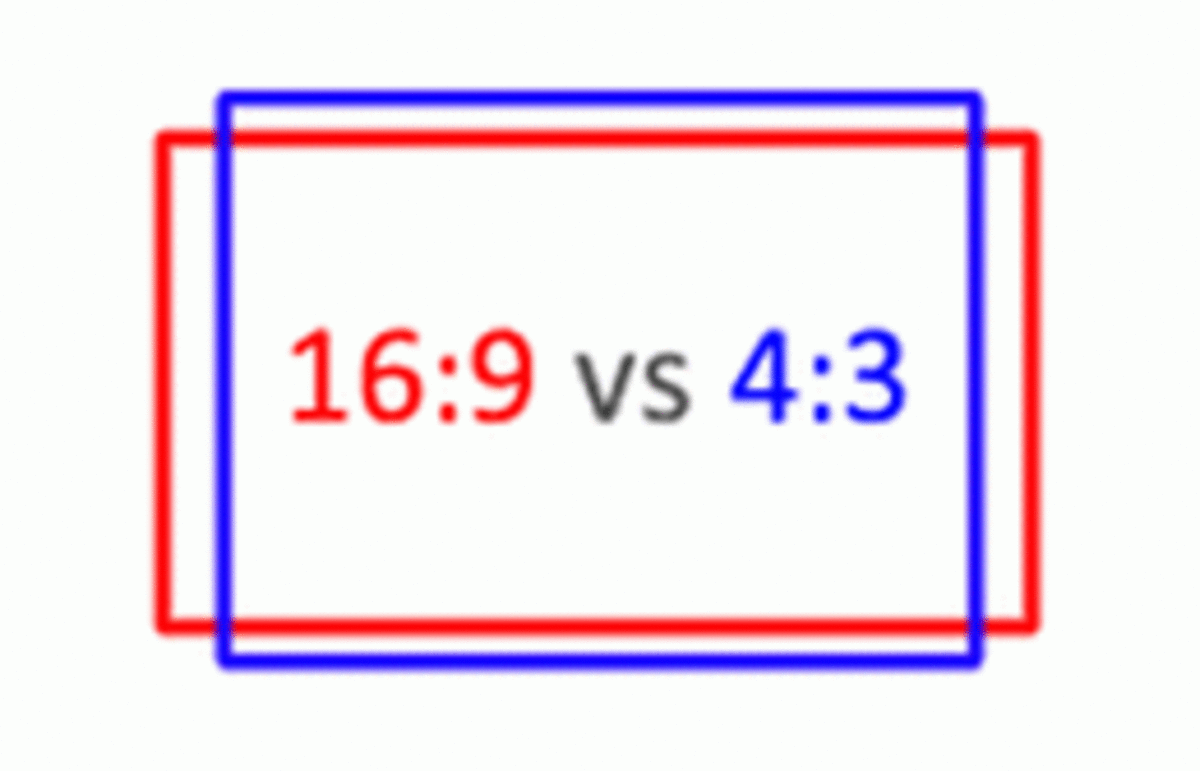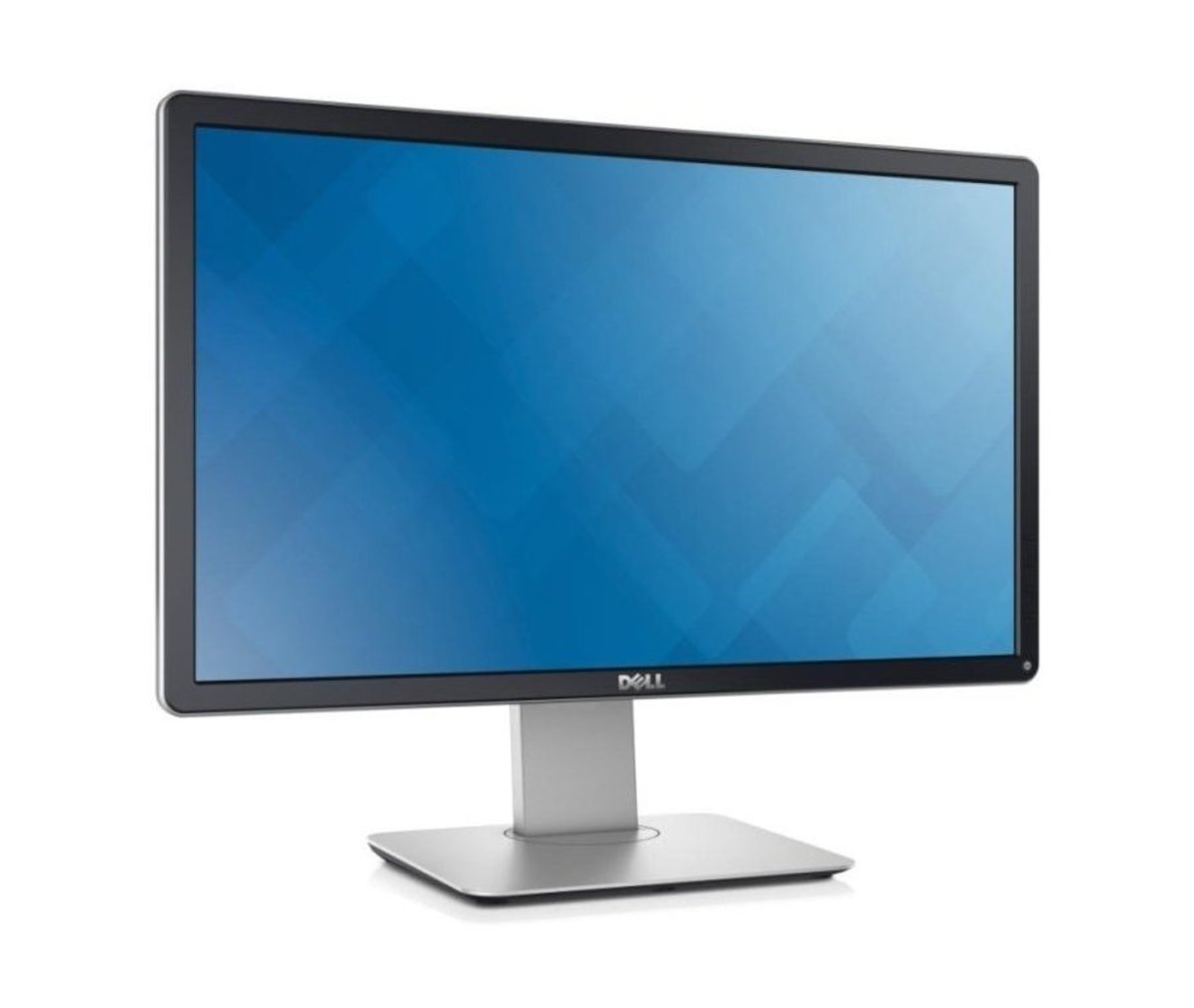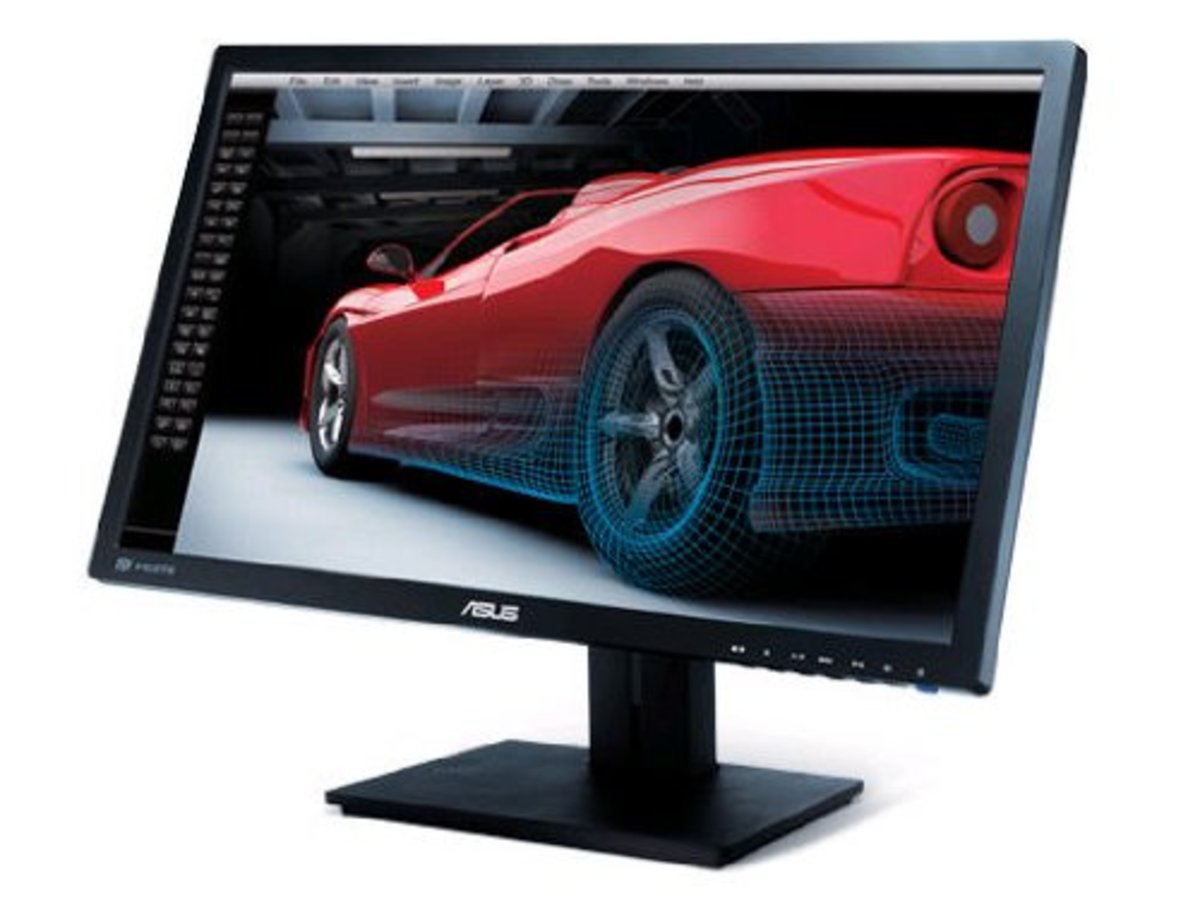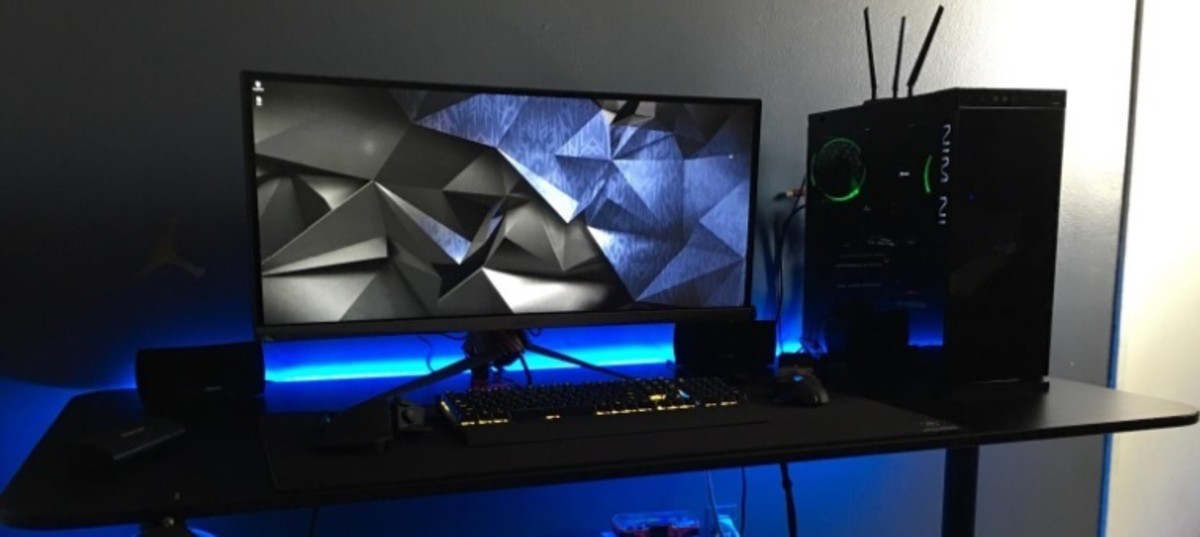- HubPages»
- Technology»
- Computers & Software»
- Computer Hardware
Dry Eyes Caused By Computer Monitors LCD Screens
Computer Monitors Cause Dry Eyes
Does working on a computer all day affect your eyesight? Can computer monitors cause eyestrain? Are you dry eyes itchy because of staring at a computer monitor?
Working in an office can be a great blessing. No hot sun baking down from overhead, no cold winter mornings chilling through ten layers of clothing, and a space to keep and store everything from your gym bag to your lunch is a pretty good deal. However, most office work also comes with a computer, and working at a computer for too long can strain your eyes.
There are several problems that can be caused by computer work. Computer monitors cause eyestrain for many people. This comes from focusing on small details like letters and numbers for too long, as well as poorly adjusted monitor brightness and contrast settings, and that every present overhead fluorescent light.
A proper ergonomic desktop setup can go a long way toward eliminating many of the eye problems caused by working on a computer monitor. However, even with the proper monitor setup and the right contrast and brightness settings, many workers still have trouble with their eyes. These users seek out remedies like computer glasses, anti-glare shields, and even monitor screen covers that block out certain kinds of light or filter out certain wavelengths and colors. Ironically, they may be barking up the wrong tree. For many people, their biggest trouble from computer monitors is just dry eyes.
I just started wearing glasses again after my strabismus surgery years ago. They seem to help by relieving some of the focusing work from my eyes. If you have glasses for reading or the computer, try them out first.

Fix Dry Eyes Computer Monitor Issue
The human body is a remarkable thing. It adapts to virtually any environment, compensating for bright lights by closing down the pupils, and adjusting for dim lights that are too dark by opening the pupils wide to let in the most possible light. However, there is a catch. Computers and LCD monitors are too new for the body's eyes to properly understand. The result can be eye problems.
When a person is engaged in any activity, they will blink their eyes. Blinking lubricates the eyeball and keeps it moist. This allows the eye to rotate and move in the eye socket without scratching along the surface or causing other friction. How often a person blinks is regulated both by genetics (some people blink more often than others) and by environment (a person in a dry environment will blink more frequently than a person in a moist place). Even what a person is looking at affects how often they blink.
However, when it comes to LCD screens used as computer displays, there is a problem. Focusing on the letters, numbers, symbols, and graphics on a computer screen typically takes a high level of focus. Focusing the eyeballs is an intensive process that involves muscles connected to the eyeball pulling the eye to set the pupil in the proper direction. The more focus that is required, the less frequent the blinking. Furthermore, a person's mental concentration also affects the rate of blinking.
Because people focus so intently on their computer screens and do not look away from them (changing what you are looking at also causes the eye to blink), they blink much less frequently than they otherwise would if they were in the same place with the same conditions doing something else. The result is dry eyes. Dry eyes itch and burn, which prompts many people to rub them. Unfortunately, this only makes it worse as dry eyes are rubbed around on dry eyelids.
Many experts recommend blinking more frequently. Unfortunately, this is like telling someone to breath faster. It can be done for a while, but eventually, the body goes back to automatic mode, deciding for itself how often to blink or how fast to breath. The result is that blinking more is not a solution for dry computer eyes.
Fortunately, there is an easy answer for the dry eyes problem: eye drops. Forgotten by many people as something only used by people who have eye diseases or other eye conditions and by people with contacts, eye drops can help anyone. They are available virtually anywhere with a pharmacy or cold medicine section. While they may seem expensive for how small the bottle is, keep in mind that most people will be served well by a single drop in each eye only a few times each day. That means that the small bottle will probably last a while.
Check out which brand suits you best. Systane Eyedrops are some of the best over-the-counter drops available. They aren't just saline solution (which quickly dries out) and have lubricate the eyeball for longer, which keeps dry eyes away for a bigger period of time.


